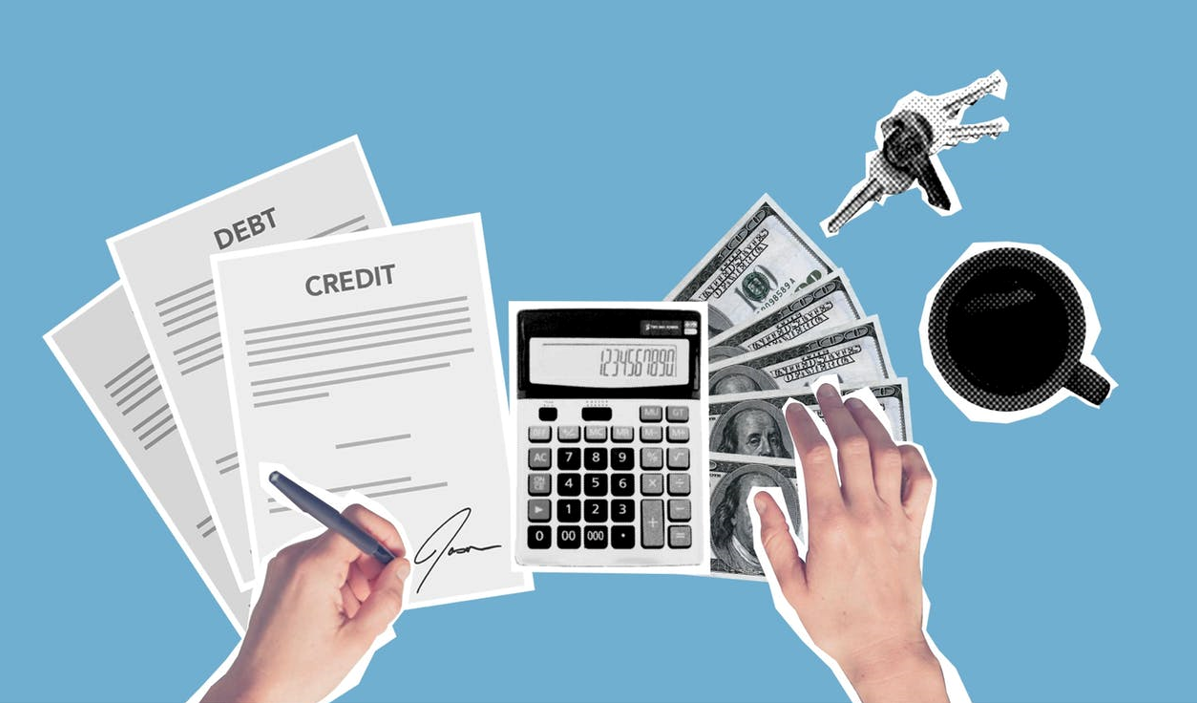February 19th, 2021. Mark Hughes
What Happens When You Default on a Loan, Can You Secure More Finance?
It is no secret that the pandemic has affected millions of people and their finances. As a result, some people are really struggling and have begun to default on loans which, according to a report by Knowledge Bank, has led to a rise in second charge finance applications.

So, if you’re feeling the pinch, you may find the following interesting. Here we explain what happens when you default on a loan and your borrowing options after this.
What Does it Mean to Default on a Loan?
Most lenders will have a grace period, before penalising borrowers who have missed payments. This is known as a delinquency period. However, when loan repayments are missed consistently over a period of time, this is known as ‘defaulting’ and will leave a mark on your credit record.
A default will remain on your credit file for six years, even if the debt is paid off in full. This means any future lenders will be aware you have had difficulties making repayments in the past. After six years, the default will be removed, even if you haven’t paid off the debt in full.
What Happens When You Default on a Loan?
Defaulting on a loan can affect your life in many different ways, depending on the type of finance owed. For example, it can affect your credit score, impact future loan applications, and could lead to seizure of assets as payment.
For this reason, if you are worried you will not be able to make a payment, it is important to contact your lender right away to discuss your options.
What Happens When You Default on a Secured Loan?
By their nature, this type of finance is ‘secured’ against an asset. Therefore, defaulting could lead to the lender seizing this. For example, if you continually miss car payments, your vehicle may be repossessed or, if you miss mortgage payments, you could go into foreclosure.
How is Defaulting on an Unsecured Loan Different?
Unlike secured loans, this form of finance is not linked with any owned assets. Therefore, recouping payment on a defaulted loan will differ depending on the finance type. For example, missing student loan payments could lead to wage garnishment, as can credit card debt.
Whatever type of loan you have defaulted on, you could take out a second charge to consolidate your debt and achieve more manageable repayments.
Are There Mortgage Lenders Who Accept Defaults?
All lenders will consider a loan default very seriously, but that doesn’t mean you will automatically be denied a loan. There are still mortgage with default success stories. Many lenders accept defaults, but you may have to look beyond high street lenders – something our broker agents can help with.
Most specialist lenders will make a decision based on your current financial capabilities. Therefore, if you have previously defaulted, your application must be written to showcase you in the best light and make the case that you are now in the financial position to make repayments.
If you’re looking for a mortgage with bad credit or would like to learn more about second charge mortgages, we’re here to help. Get in touch today to discuss your financial situation and the options available.
Article By Mark Hughes
February 19th, 2021
Mark has 15 years’ experience within the financial industry working for high street banks and specialist brokers and now focuses on Bridging finance and Second charge loans.
He would describe his style of brokering as being heavily based on knowledge and efficiency.
See more articles by Mark




